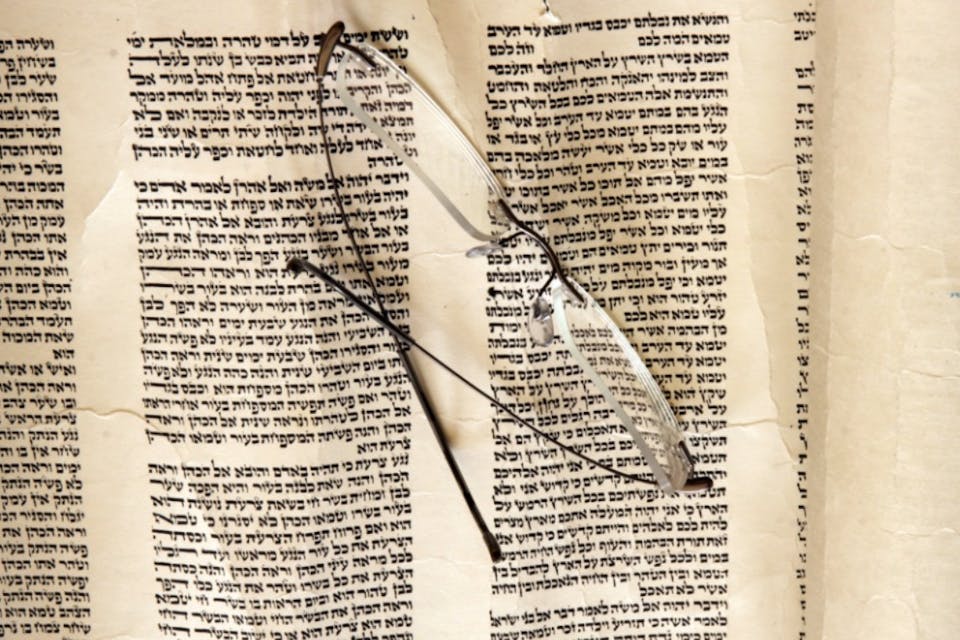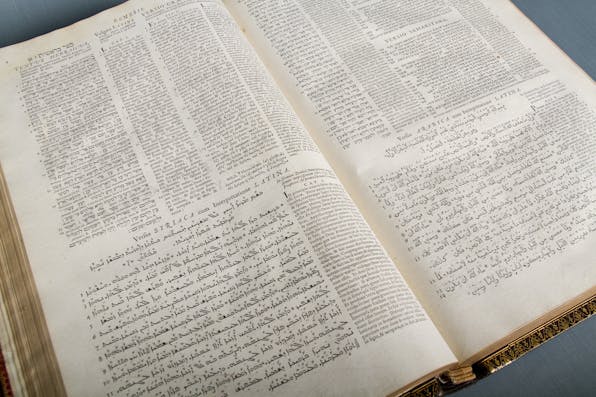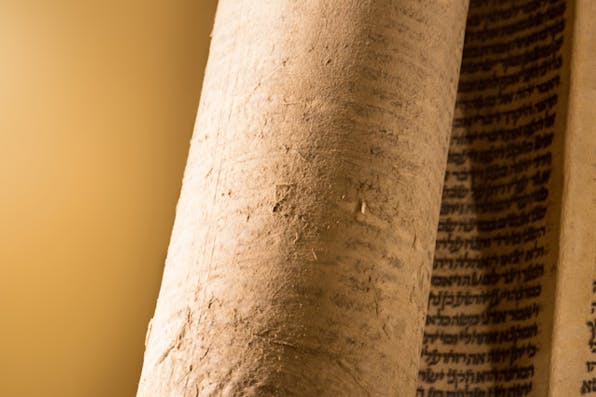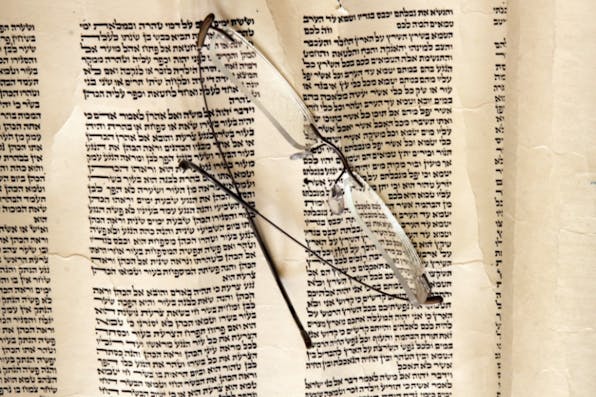
July 31, 2017
Biblical Scholars Are Open to Self-Correction, and They Listen to Conservatives, Too
(Although not always.)
In “The Corruption of Biblical Studies,” Joshua Berman presents a laudable thesis: if an argument is to be rejected by scholars, “it should be rejected because it is weak” and not because of the religious or political positions it might be used to support. “Delegitimizing a scholar by divining his or her supposed agenda,” he writes, “has no place in academic discussion.” Consequently, Berman objects to “the marginalizing and delegitimizing of ‘conservative scholars’” in the field.
Berman’s thesis is vitally important. Alas, he undermines his credibility with a series of inaccurate claims about contemporary biblical criticism.
Berman devotes a substantial portion of his article to compositional criticism of the Pentateuch (the attempt to uncover how the Pentateuch came into being and what earlier texts were integrated into it). According to the most common theory—the “documentary hypothesis”—four documents that academic biblical scholars refer to as J, E, P, and D were combined to create the Pentateuch. This theory crystallized in the middle and end of the 19th century, and it commanded fairly widespread assent among biblical scholars for most of the 20th.
Responses to July ’s Essay

July 2017
Deeper Reasons for the Bias in Biblical Studies
By Jon D. Levenson
July 2017
Academic Biblical Criticism Is Not Corrupt
By David M. Carr
July 2017
Why Biblical Scholars Should Declare Their Worldviews
By Craig Bartholomew
July 2017
Biblical Scholars Are Open to Self-Correction, and They Listen to Conservatives, Too
By Benjamin D. Sommer
July 2017
What’s Next for Biblical Studies
By Joshua Berman